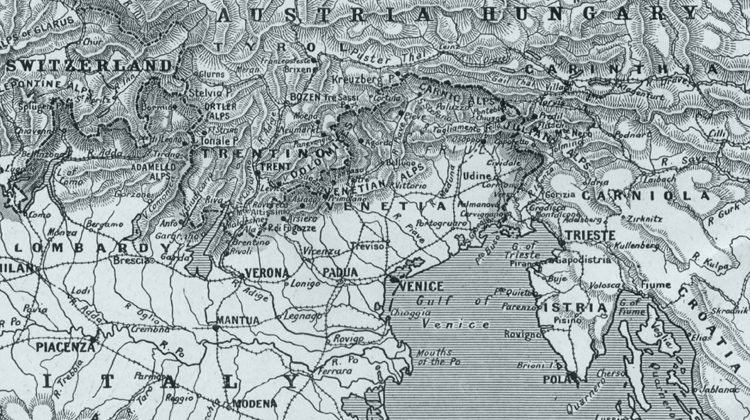From Claremont Review of Books
The Dutch-American writer Nicholas Spykman observed in 1944 that “geography is the most fundamental factor in foreign policy because it is the most permanent.” Many thinkers treated geography and geopolitics as passé fields of study after America’s victories in the Cold War and against Iraq in the early 1990s. Instead, many U.S. policymakers accepted a vision of the world that might be described as “strategic happy talk,” a misguided view forever distilled in Thomas L. Friedman’s The World Is Flat (2005)—his paean to the belief that interdependence and cooperation had replaced competition in international affairs, with the gratifying result that peace and prosperity would perpetuate and reinforce themselves. To a great extent, those rosy assumptions shaped the policies of Bill Clinton, George W. Bush, and Barack Obama. Unfortunately, this century’s wars in Iraq and Afghanistan, the failure of the Russian “reset,” Europe’s self-induced travails, China’s seemingly relentless military rise, and the failure of Islamic states to embrace liberal democracy reveal that strategic happy talk continues to run up against geopolitical reality.

A Herodotus for Our Time
Enter the anti-Friedman, Robert Kaplan, regular contributor to the Atlantic and fellow at the Center for a New American Security (CNAS). His 18 books and scores of articles, which explain why the world is definitely not flat, have established him as one of the most consequential geopolitical thinkers of our time. He achieved that stature less for his originality than for his ability to synthesize longstanding but neglected concepts and insights into a coherent understanding. The military historian John Keegan called geography the “Rosetta Stone of battles.” Kaplan shows that geography is also the Rosetta Stone of world history.
Continue reading here.